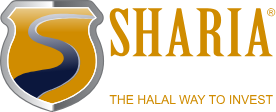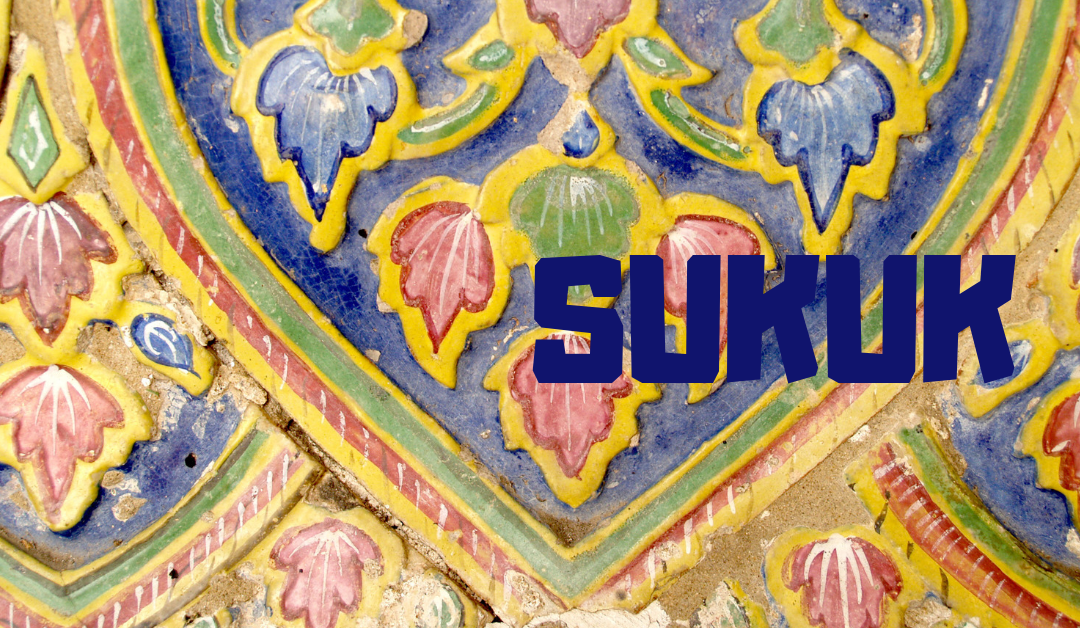By Shafaq Kazi, Investment Advisor Representative at ShariaPortfolio
Article was originally published on LinkedIn and is available here.
As an investment advisor, one of the questions I get asked the most is the difference between Sukuk and traditional bonds. While there are many similarities between the two, it is important to understand the distinction between Sukuk and its financial cousin.
Sukuk are Islamic financial certificates that are often referred to as Sharia-compliant bonds. Both Sukuk and bonds are sold to investors who then receive a stream of payments until a set date of maturity. At that time, investors get back their original investment, although a full repayment is not guaranteed in the case of Sukuk. And, like bonds, Sukuk are intended to provide less risk than equities and so are often used to diversify portfolios, with rating agencies evaluating the credit-worthiness of the issuers of both Sukuk and bonds.
However, Sukuk adhere to the Islamic laws of finance by not generating money from money (Riba), as in interest or usury. This is based on the principle that it is unacceptable for any commodity, including money, to increase in value merely by being lent to another person. But Sharia does not prohibit investors from making a return on capital if the provider is willing to share in the risks of a productive enterprise. If capital is invested, rather than lent, the return is a profit, rather than interest. Traditional bonds, of course, are always Riba, since they pay a fixed interest.
While Sukuk and traditional bonds are very similar in nature, there are five important differences to be aware of:
- Ownership of an asset vs. debt obligation – Sukuk are backed by tangible assets and investors are given partial ownership in the asset with actual value. Although a bond may also indicate this, the ownership of a bond simply indicates a debt obligation.
- Sharia-compliant assets vs. unrestricted assets – The assets that back Sukuk must be compliant with Sharia. They cannot include investments that derive the majority of their income from the sale of alcohol, pork products, pornography, gambling, military equipment and weapons, or tobacco, as well those that transact in unethical services, such as banks and other institutions involved in interest-paying activities. Bonds, on the other hand, can be used to finance any asset, project, business, or joint venture that complies with local legislation.
- Asset value vs. credit-worthiness – The face value of Sukuk is based on the market value of the underlying asset, whereas the face value of a bond is based on the issuer’s credit-worthiness, including its rating.
- Variable vs. fixed value – Sukuk can increase in value when their underlying assets increase in value and conversely, the losses and costs related to the underlying asset can also affect the Sukuk value. With bonds, the performance of the underlying asset does not affect bondholders.
- Sale of assets vs. sale of debt – When investors sell Sukuk on the secondary market, they are selling ownership of the assets backing them. When investors sell bonds on the secondary market, they are actually selling a debt on the underlying loan relationship.
Another way to make the distinction between the two is the role of the purchaser. In the case of a bond, the purchaser is acting as a lender and the bond issuer is the loan recipient. With Sukuk, the purchaser takes partial ownership of an asset with tangible value and then leases that asset back to the issuer for a set period. The investor is essentially charging rent for the asset’s use, rather than participating in an implicit loan agreement. At its root, the relationship between the issuer of a bond and its purchaser is therefore very different from the relationship between the issuer of Sukuk and its purchaser.
If you want to learn more about Sukuk and how it can play a role in your portfolios, please feel free to reach out to myself or ShariaPortfolio’s other advisors.
Shafaq Kazi is an Investment Advisor Representative at ShariaPortfolio, Inc. More information on ShariaPortfolio can be found at www.ShariaPortfolio.com.

